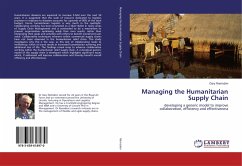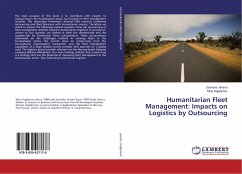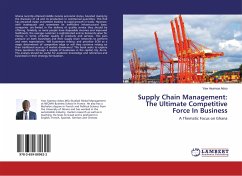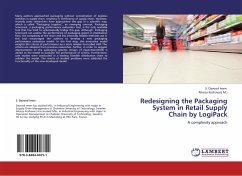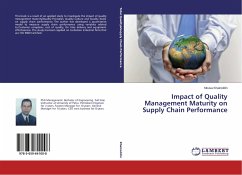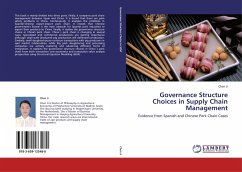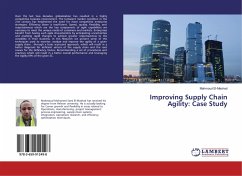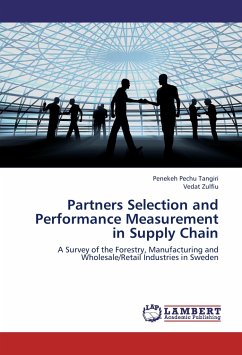Humanitarian disasters are expected to increase 5-fold over the next 50 years. It is suggested that the scale of resource dedicated to logistics provision in response to disasters accounts for upwards of 80% of the total budget, hence humanitarian logistics is very much in the spotlight. Collaborative working has been promoted as a Silver Bullet in many areas of Supply Chain Management and is contended to be a mechanism to prevent organisations optimising solely their own results, rather than integrating their goals and activities with others to benefit overall end user value. Collaborative techniques inherent within commercial supply chains have not been observed in the humanitarian relief chain. This study investigates why this is the case, as this lack of collaboration leads to inefficiency; which at worst results in increased humanitarian suffering and additional loss of life. The findings reveal ways to advance collaborative working within the humanitarian relief supply chain. A conceptual generic model of the supply chain is developed which highlights significant issues which, if addressed will improve collaboration and thereby benefit overall efficiency and effectiveness.
Bitte wählen Sie Ihr Anliegen aus.
Rechnungen
Retourenschein anfordern
Bestellstatus
Storno

